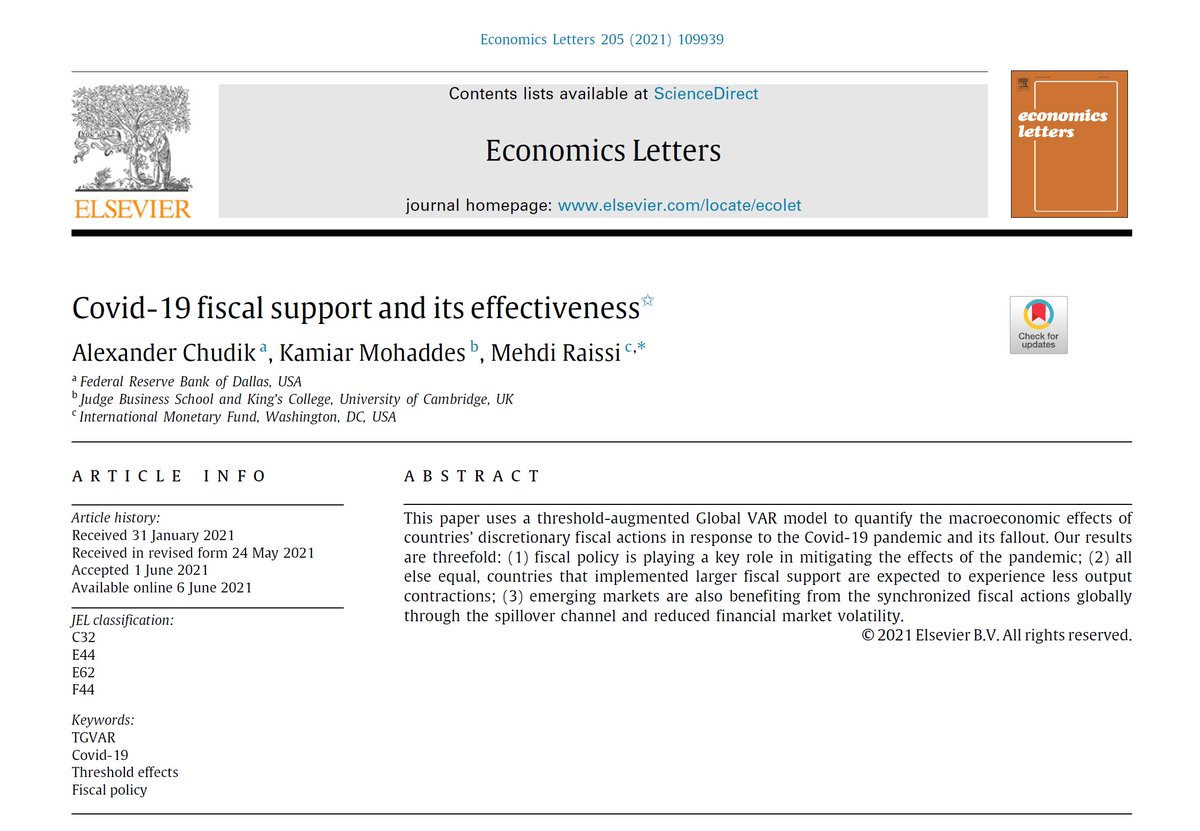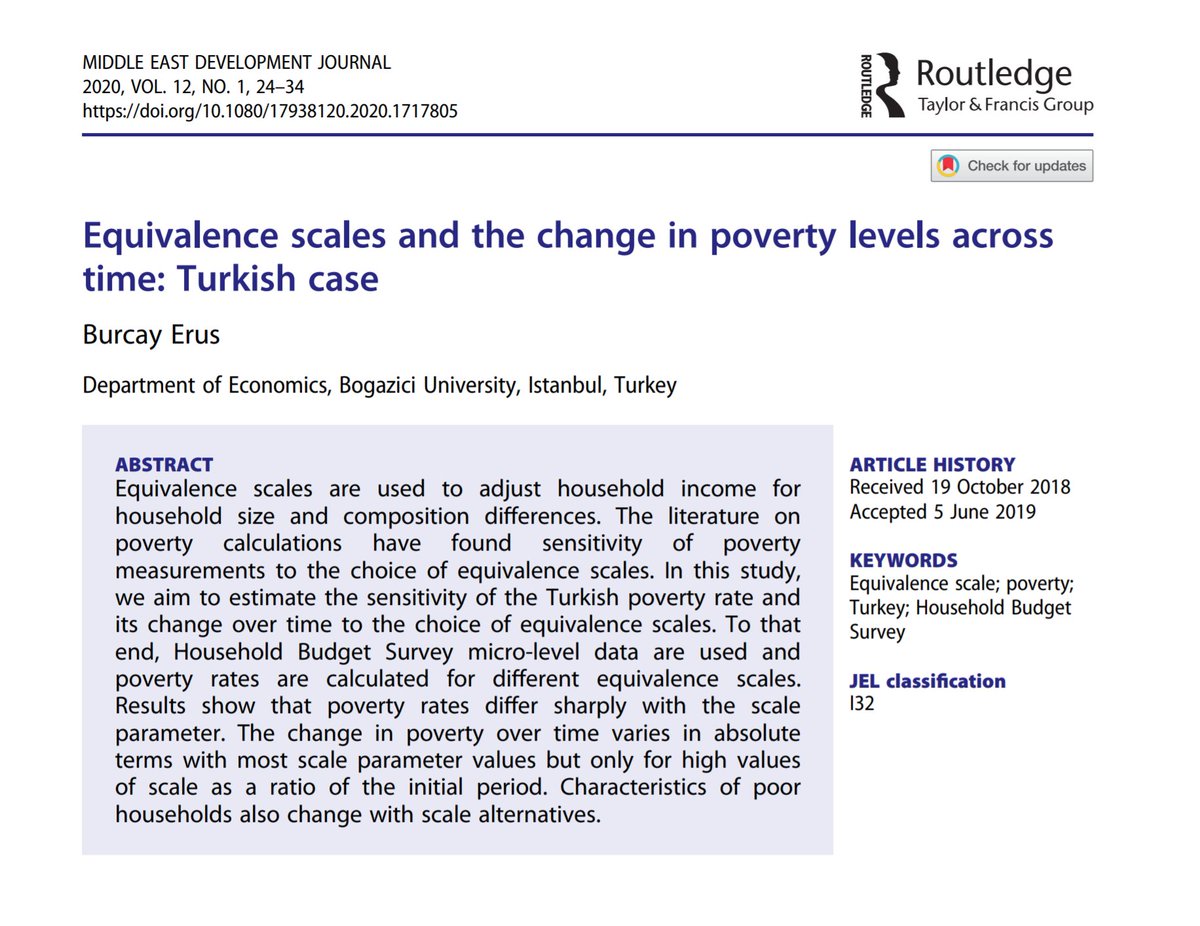If you missed my talk based on our @OUPEconomics-@ERFlatest volume on #Institutions & Macroeconomic Policies in #Resource-rich #Arab Economies at the @Cambridge_Uni Alumni Festival last week, you can now watch it @CambridgeJBS @Kings_College @CambridgeINET
Thanks so much to the audience for the amazing questions! We only had one hour for the talk, so apologies if I didn't manage to answer your question, more than happy to connect via email or Zoom. You can also download the slides from my talk here: econ.cam.ac.uk/people-files/f… 





Our volume co-edited with Jeffrey B. Nugent @USCDornsife & Hoda Selim @IMFNews is published by @OUPAcademic. Note that you might have free online access to all 12 Chapters (through your institution or University) through Oxford Scholarship Online from here oxford.universitypressscholarship.com/view/10.1093/o…
• • •
Missing some Tweet in this thread? You can try to
force a refresh












